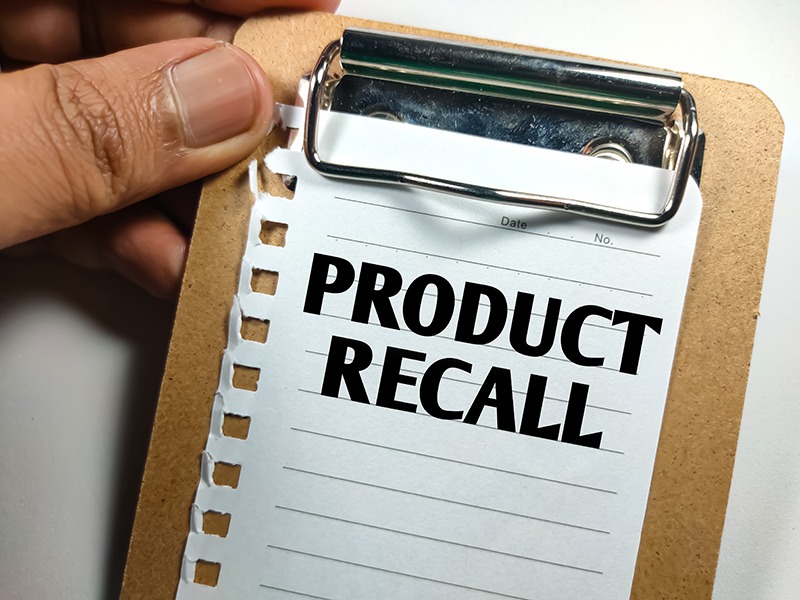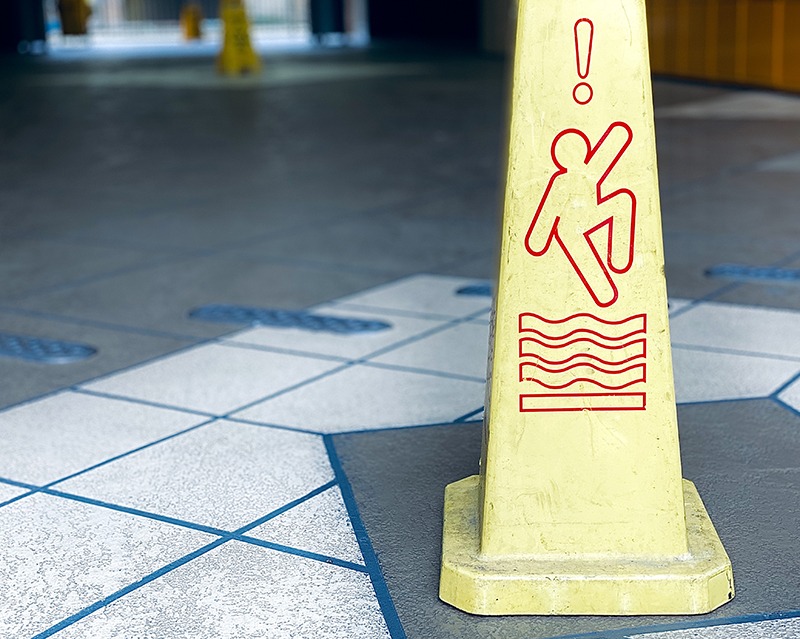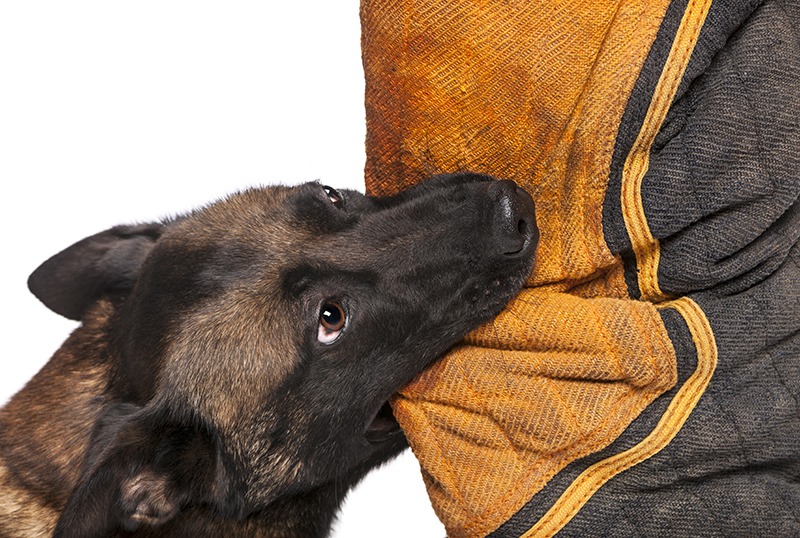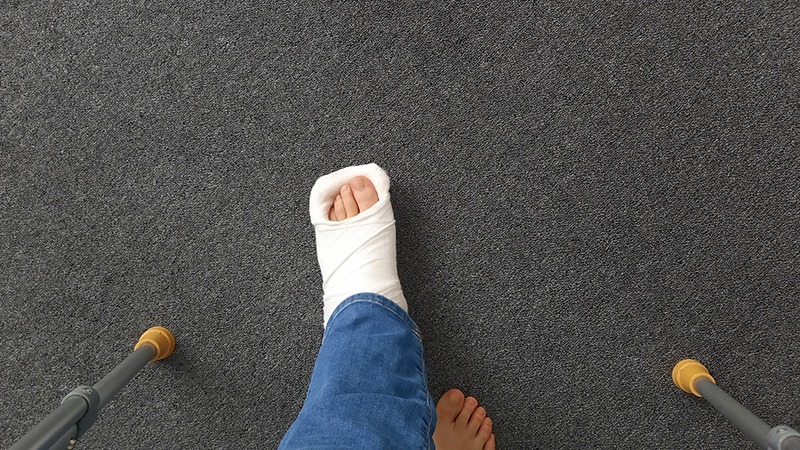Whenever we purchase an appliance, food, a vehicle, or any other consumer product, we expect and trust that it will be safe for us to use. Unfortunately, defective products often manage to get into the consumer’s hands and cause personal injury or property damage. If you recently suffered injury from using a defective product, you may be eligible to file a product liability lawsuit and recover compensation for the harm that was done to you and the financial losses that resulted from your injuries.
Every year, there are incidents in the state of Florida that give rise to product liability claims. However, these claims are subject to the laws and requirements governing product liability cases and lawsuits. Product liability cases are often complex so plaintiffs must understand what the details surrounding their case entail and what is involved in filing a product liability lawsuit. Personal injury lawyers manage to win such cases with considerable experience and ensure that their clients win the requisite damages.
Elements of a Product Liability Lawsuit
If you or a loved one were injured because of using a defective product, you may be eligible to file a personal injury claim and product liability lawsuit. A personal injury lawyer can explain your rights and familiarize you with what is required by law to win your case. Product liability laws require that you prove the following elements:
- You were injured when using a specific product and suffered losses in the process
- The product you were using was defective
- The defect caused your injury
- You were using the product according to the instructions
Additionally, injury victims must adhere to Florida’s statute of limitations where product liability claims are concerned, which is 4 years for a personal injury and 2 years for wrongful death. The discovery rule also applies in Florida product liability cases. This means that the clock starts ticking the day the individual discovered or should’ve discovered the cause of the injury that gave rise to their case.
Pure Comparative Negligence Rule
Florida follows what is known as the “pure comparative negligence rule” which means that should the consumer be partially at fault for their injuries, the compensation they’re awarded will be a decrease in proportion to the percentage of the fault that is theirs. For example, if the injury you suffered by using a defective product caused $150,000 in damages, but 30% of the fault was yours, the compensation you’re awarded will be reduced by $45,000.
To learn more about filing a product liability claim, call the Graves Thomas Rotunda Injury Law Group today at (772) 569-8155.




